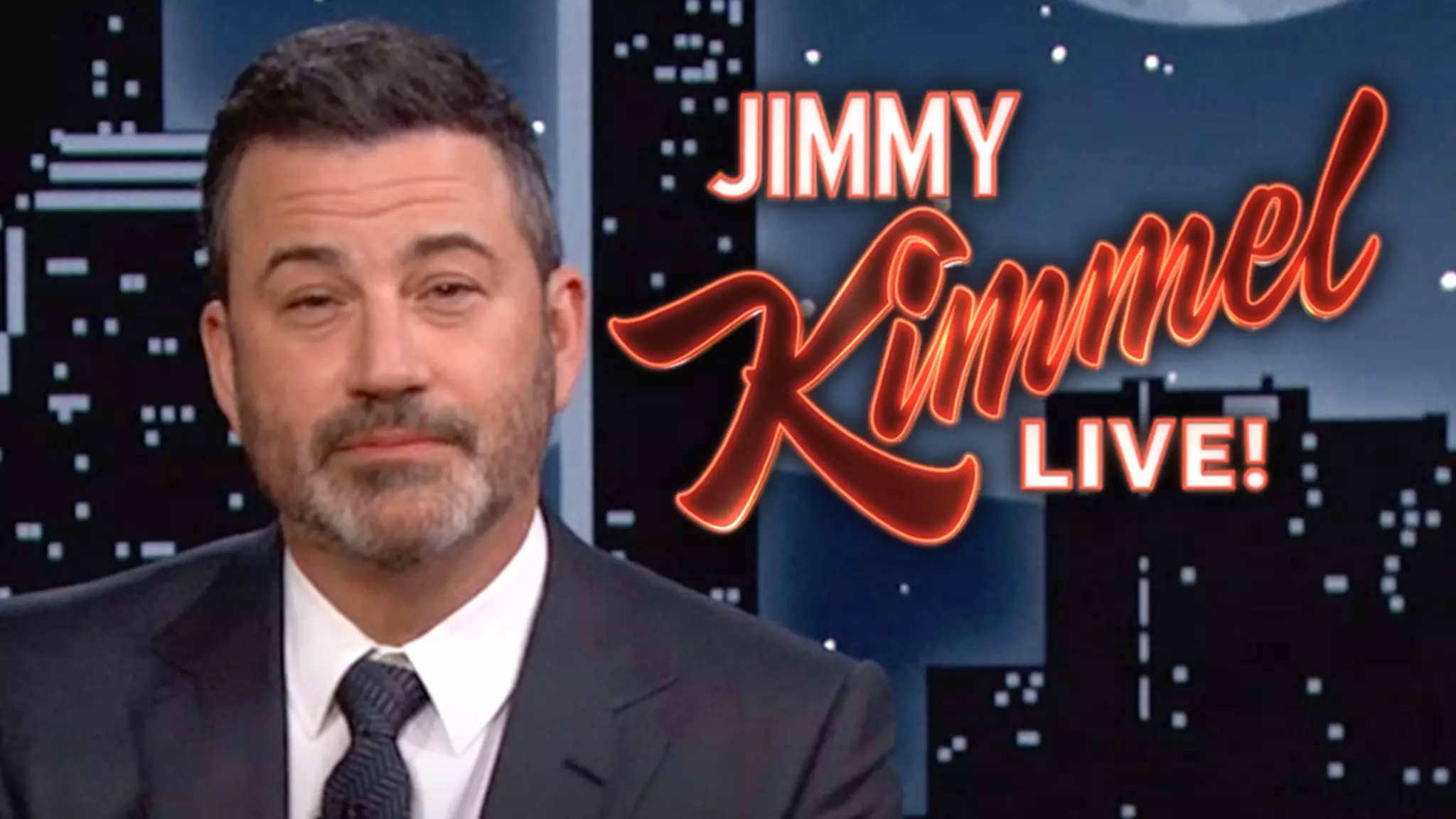In recent days, the suspension of “Jimmy Kimmel Live!” over controversial comments has ignited a fierce debate about the core principles of free speech and the mounting pressures exerted by political and corporate powers. The controversy underscores a fundamental question: when does the pursuit of entertainment cross the line into a battleground for ideological dominance? Kimmel’s remarks, which touched on a sensitive political issue involving Charlie Kirk’s murder, became the catalyst for a broader fight that pits artistic expression against authoritarian tendencies. This incident reveals that in a polarized society, the boundaries of accepted discourse are continually tested, forcing viewers and performers alike to confront uncomfortable truths about the delicate balance between free speech and censorship.
The Power of Celebrity and Solidarity as a Voice of Conscience
What stands out most glaringly is the unwavering support from Hollywood and the wider entertainment industry for Jimmy Kimmel. Stars such as Ben Stiller and Rosie O’Donnell didn’t remain silent—they voiced their concerns publicly, criticizing ABC’s decision as an act of cowardice fueled by political pressures. Rosie O’Donnell’s passionate Instagram post condemning the “fascist administration” demonstrates that for many in the industry, challenging authoritarian trends is a moral imperative, not a mere career risk. Their collective stance underscores a vital truth: individuals with influence carry not just the burden but also the responsibility of defending free expression in tumultuous times. The solidarity shown here emphasizes that art and commentary are vital instruments for societal resilience and accountability.
The Role of Media and Civil Society in Upholding Democratic Rights
Organizations like the Writers Guild of America and SAG-AFTRA have publicly defended Kimmel’s right to speak his mind, framing the suspension as a dangerous assault on the constitutional principle of free speech. Their statements highlight that freedom of expression isn’t conditional—it’s a safeguard for democracy itself. When corporations or government entities silence dissent, they threaten not only individual careers but the very fabric of democratic life. The protests, which included hanging banners and public demonstrations outside the studio, symbolize a collective refusal to accept censorship as an unquestioned norm. These moments of activism serve as vital reminders that a vibrant society depends on the willingness of its citizens and institutions to stand firm in defense of open debate.
The Implications of Censorship in the Post-Truth Era
The suspension of Kimmel’s show raises uncomfortable questions about the modern landscape of communication. With social media platforms amplifying political narratives—sometimes more aggressively than traditional outlets—the risk of authoritarian overreach becomes ever more tangible. The fact that former President Trump publicly cheered the suspension reflects how tightly intertwined politics and media censorship have become. While critics argue that certain comments crossed the line or incited harm, the broader concern remains the erosion of spaces where diverse opinions can coexist without fear of reprisal. In an age where headlines can be sensationalized and truths bent to fit political agendas, the suppression of a late-night host’s commentary becomes a troubling indicator of how fragile and contested the right to free speech truly is.
Reclaiming Speech as a Cornerstone of Democracy
The ongoing controversy reaffirms that free speech isn’t a privilege granted selectively based on popularity or political expediency. It is a fundamental human right that must be fiercely defended, especially when it challenges powerful interests. The industry’s response, alongside civil society protests, embodies a conviction that voices—regardless of their political stance—must be protected to sustain the health of democracy. The case of Jimmy Kimmel is a litmus test for how far society is willing to go in defending its right to speak openly, to criticize, and to question authority without fear of retaliation. Recognizing that even comedic figures can be targeted when their words threaten entrenched interests is crucial for understanding the broader fight for free expression.
The ongoing fallout from the suspension is more than a battle over a TV show; it is a reflection of society’s larger struggle to preserve its fundamental rights amid mounting pressures from political figures, corporate interests, and cultural shifts. The resilience of those who stand for free speech will determine whether this episode becomes a fleeting controversy or a defining moment in safeguarding democratic values for generations to come.

